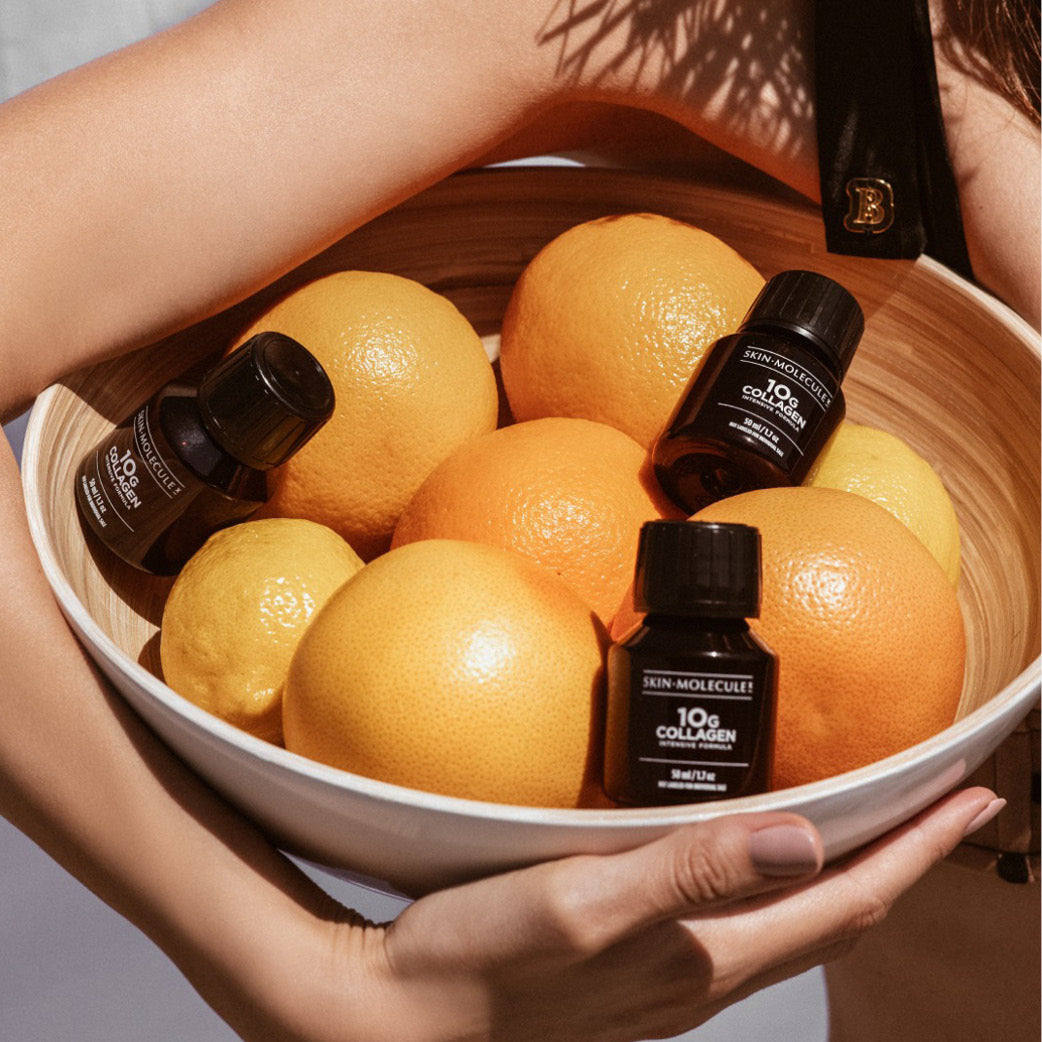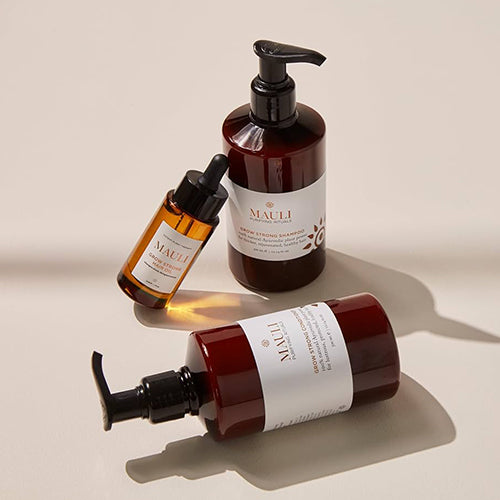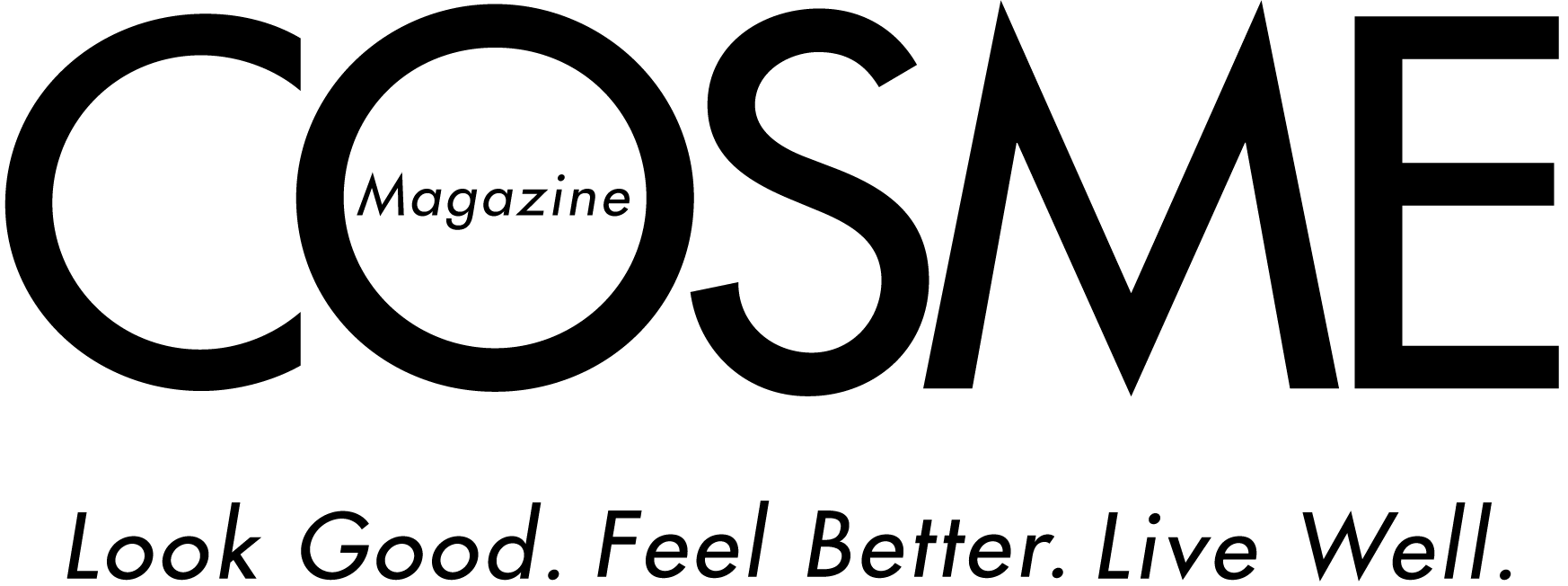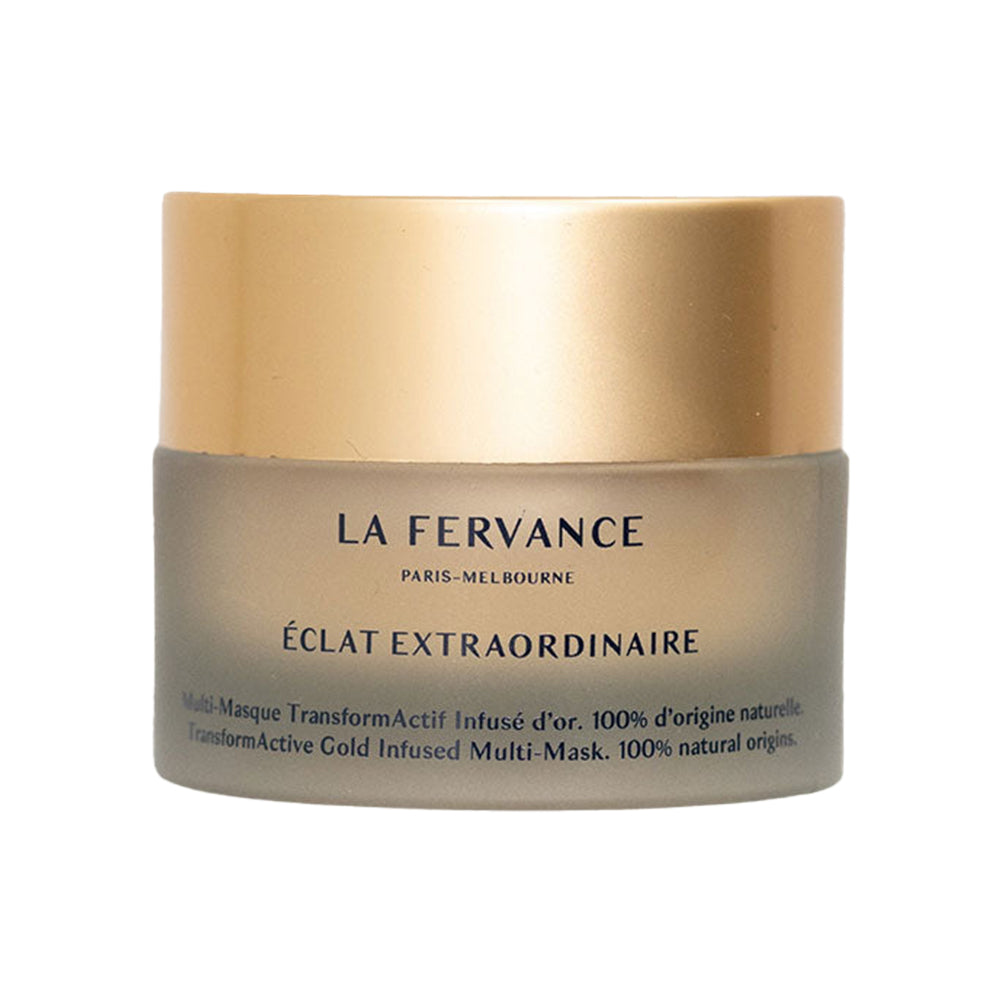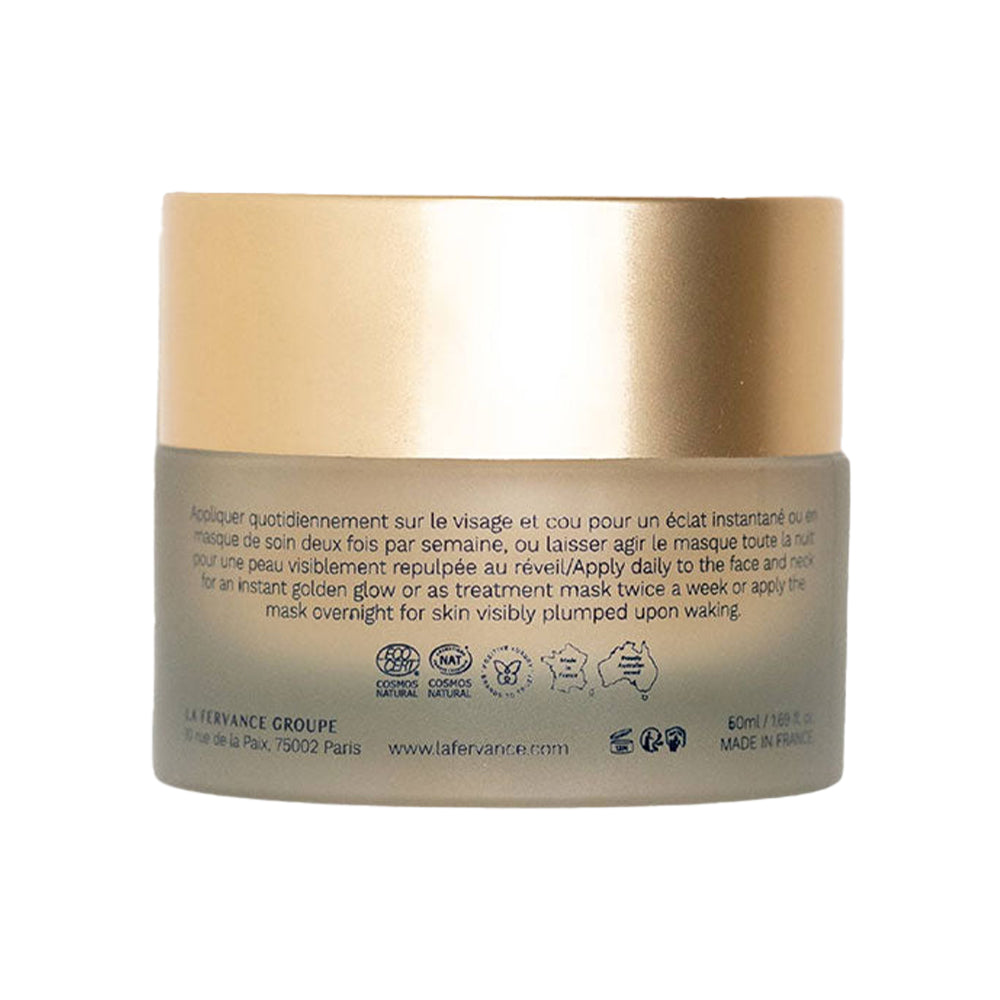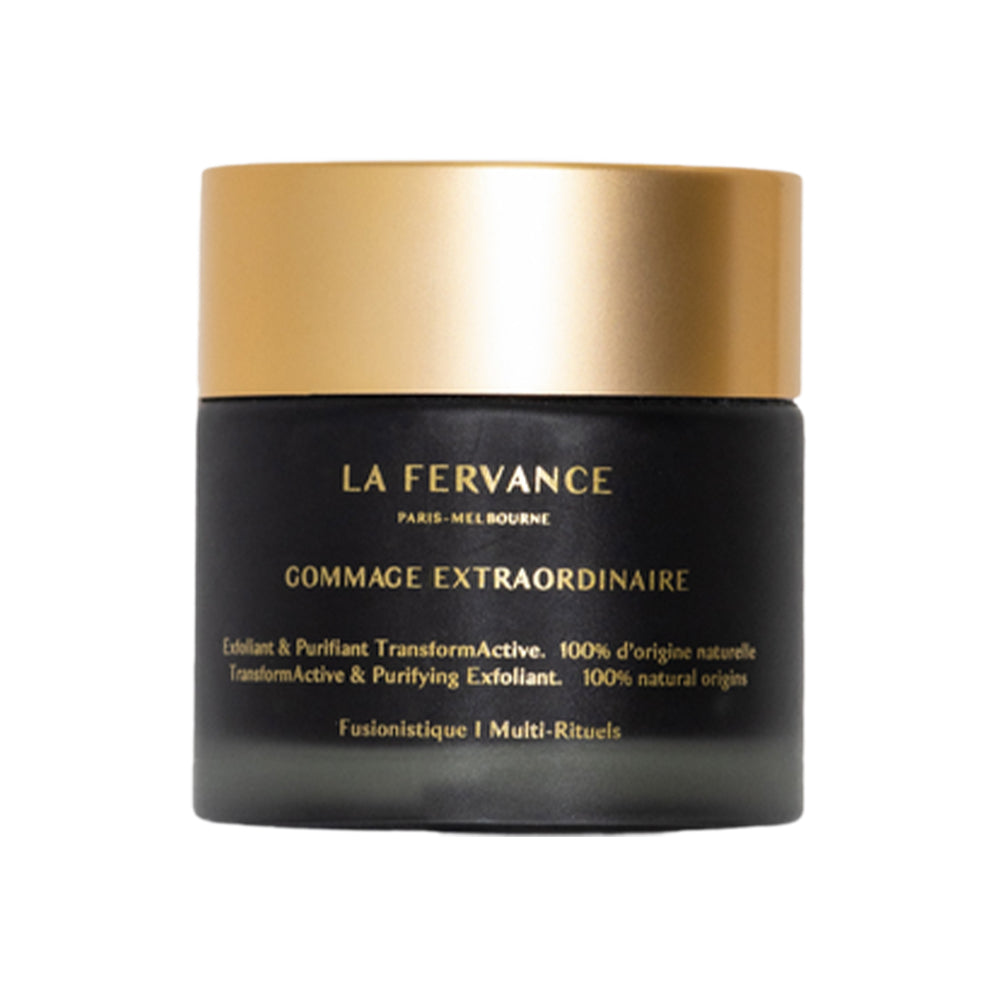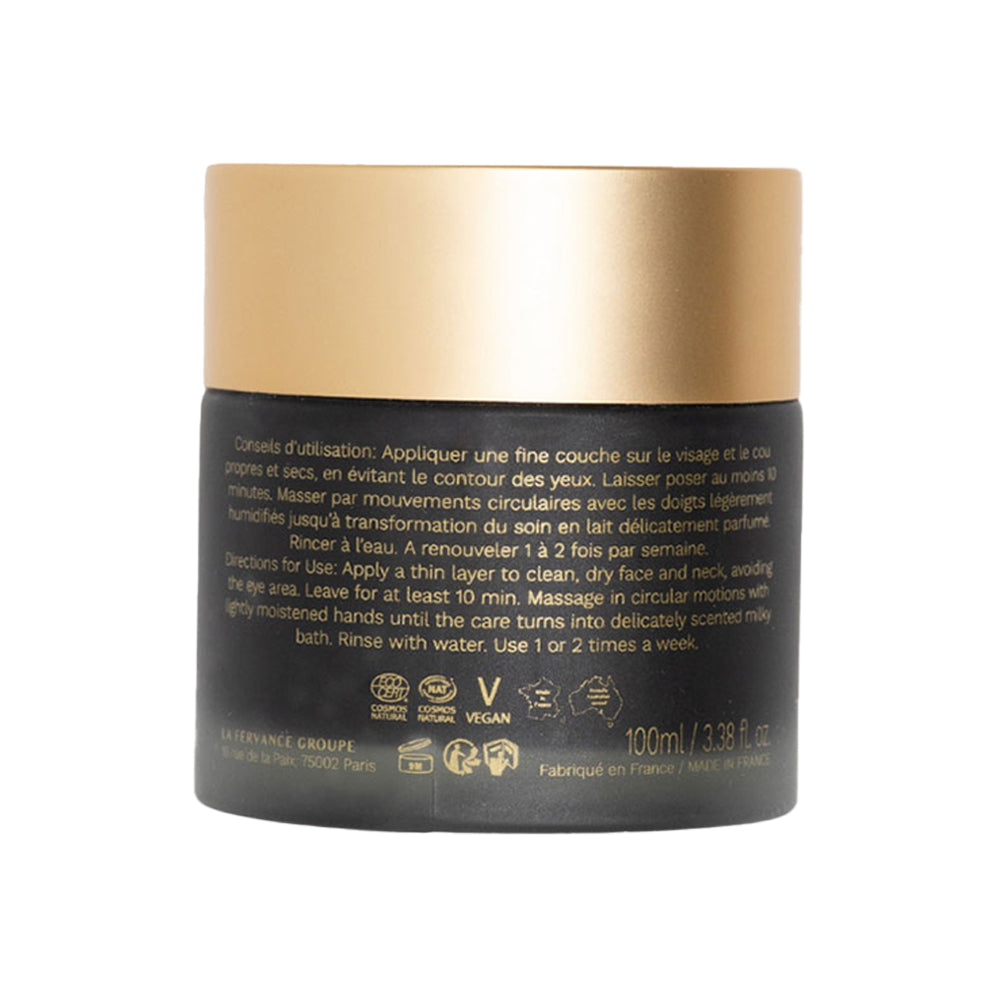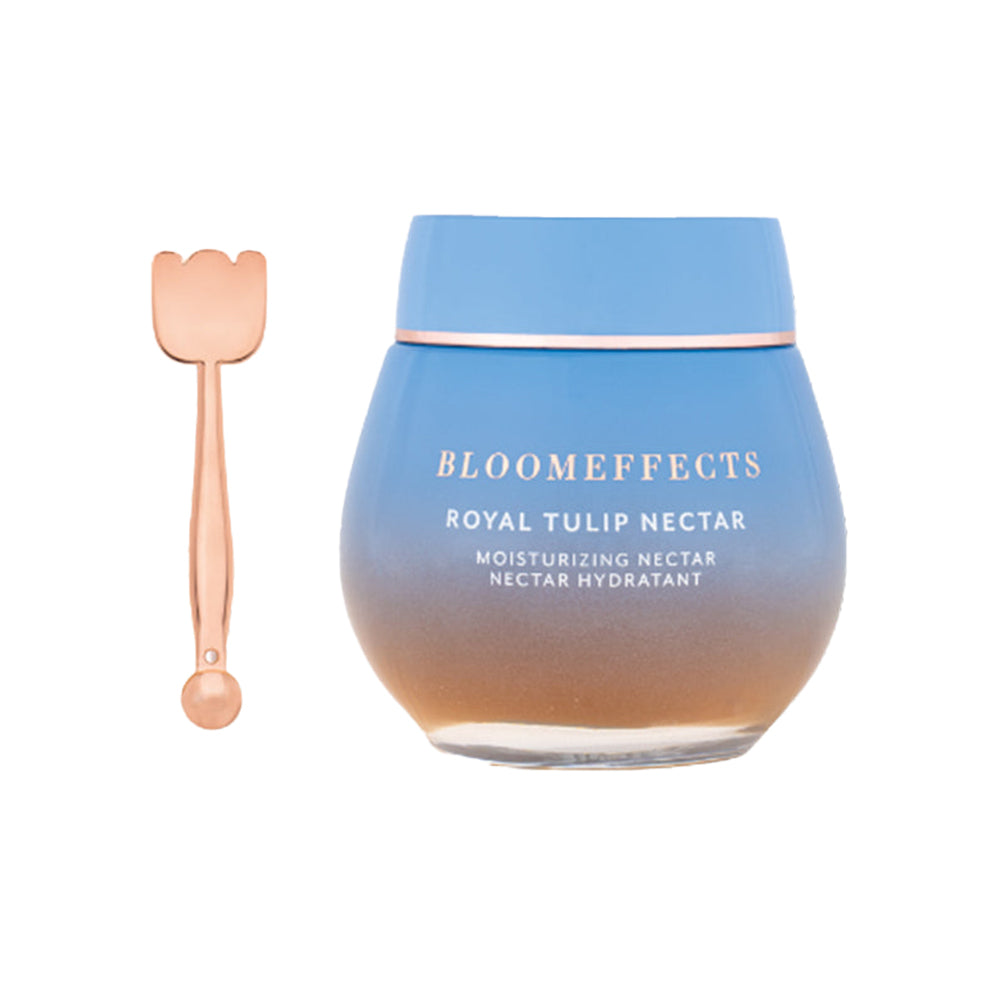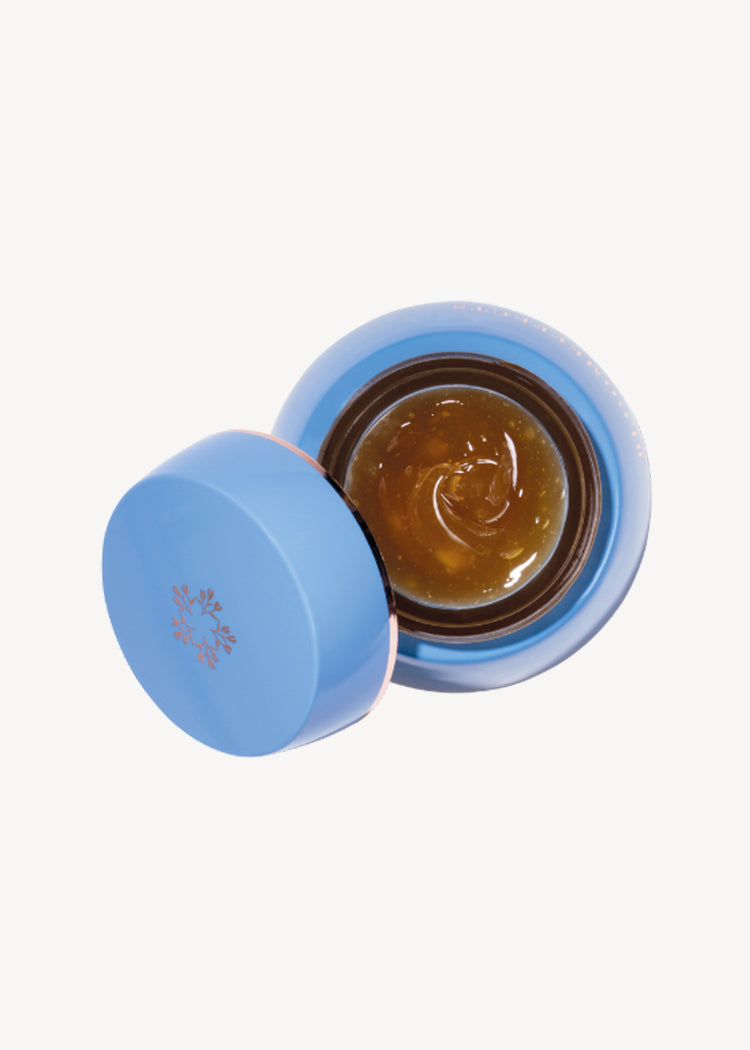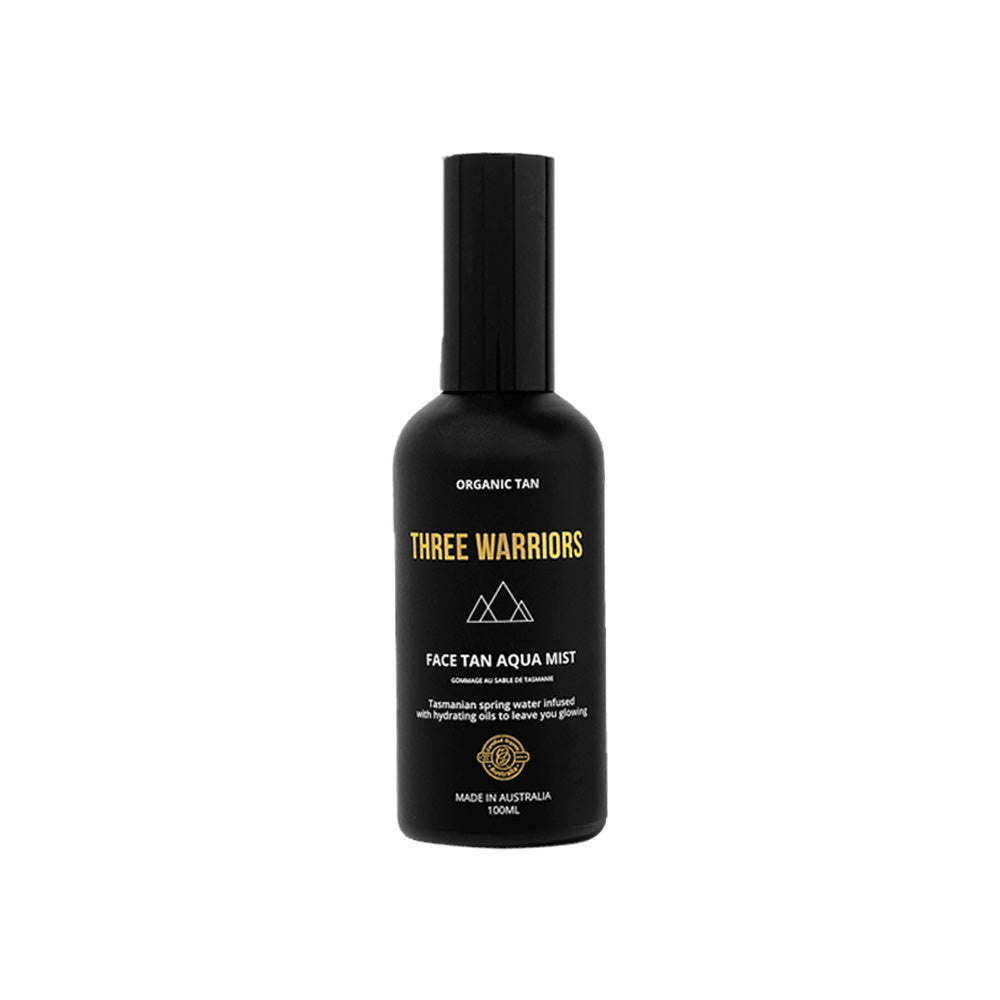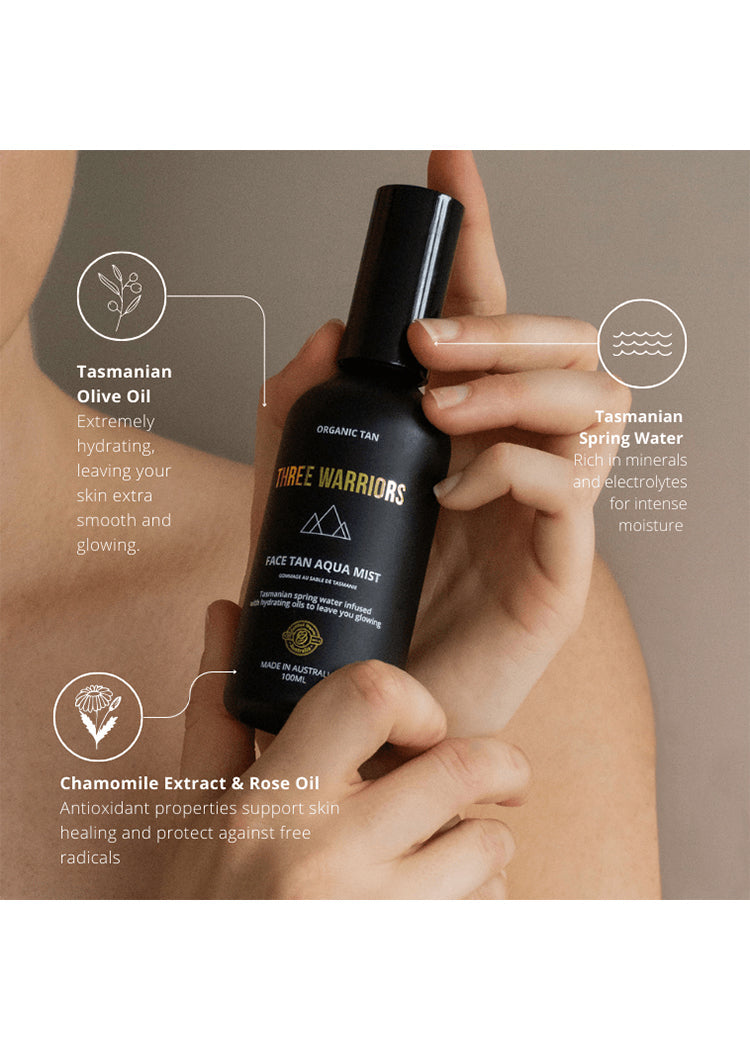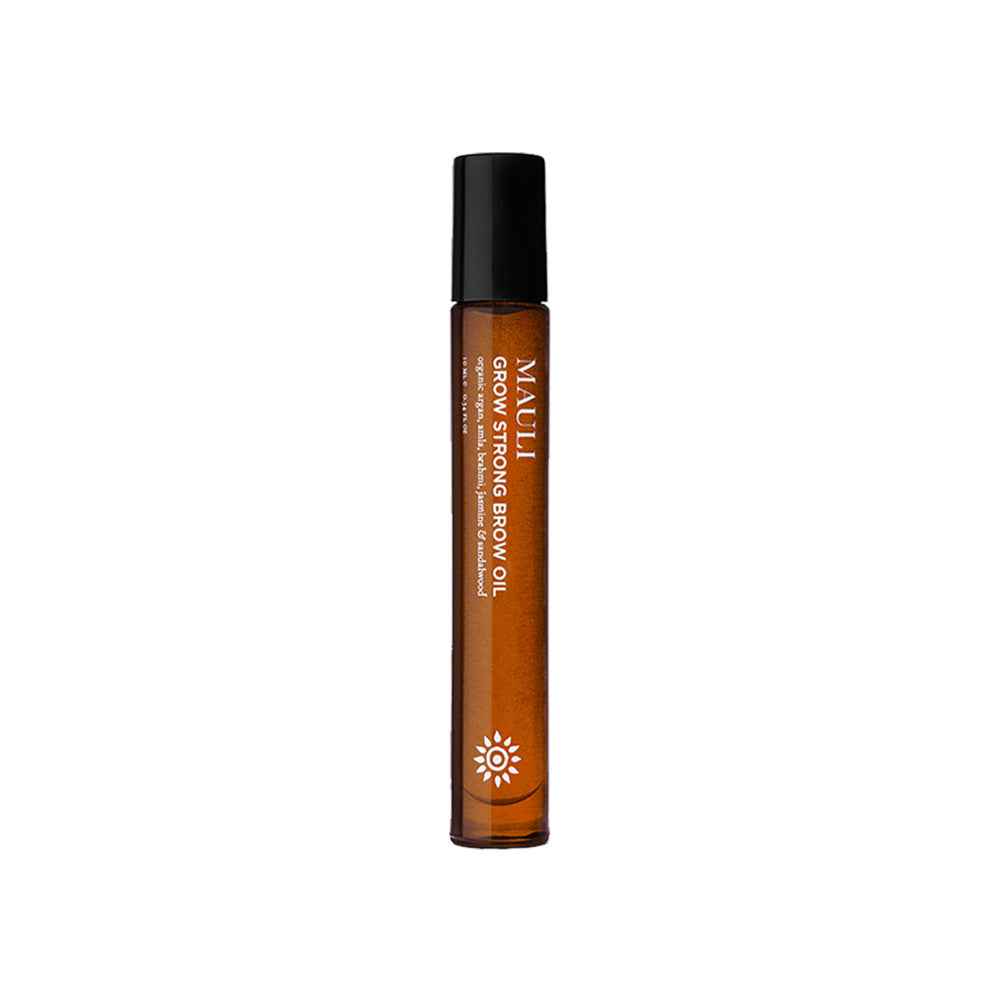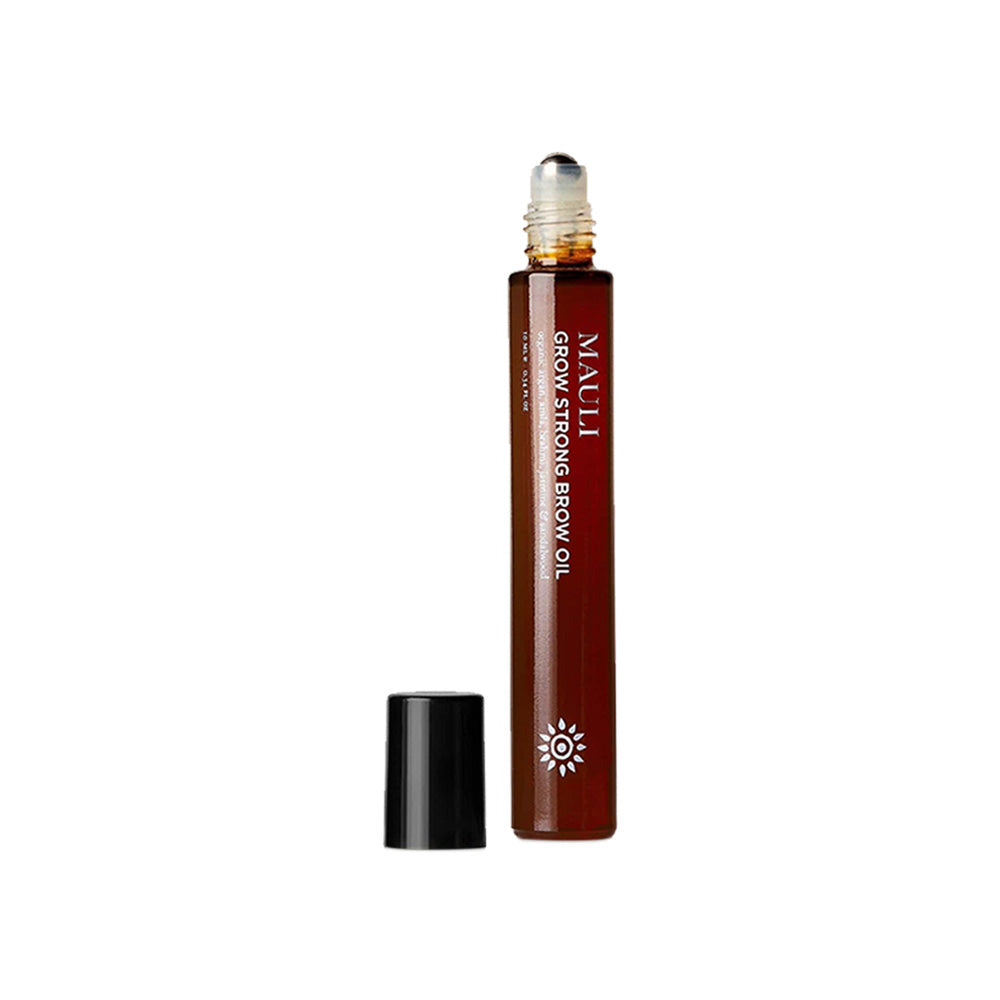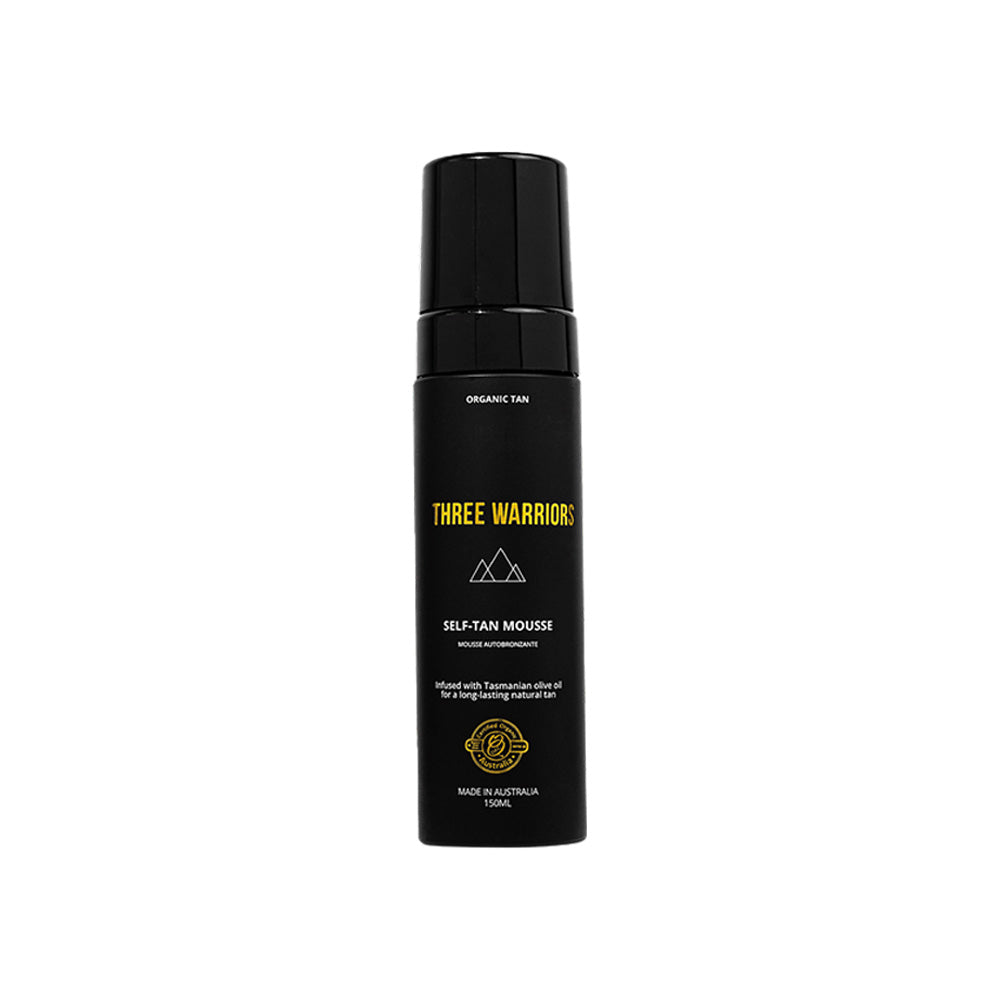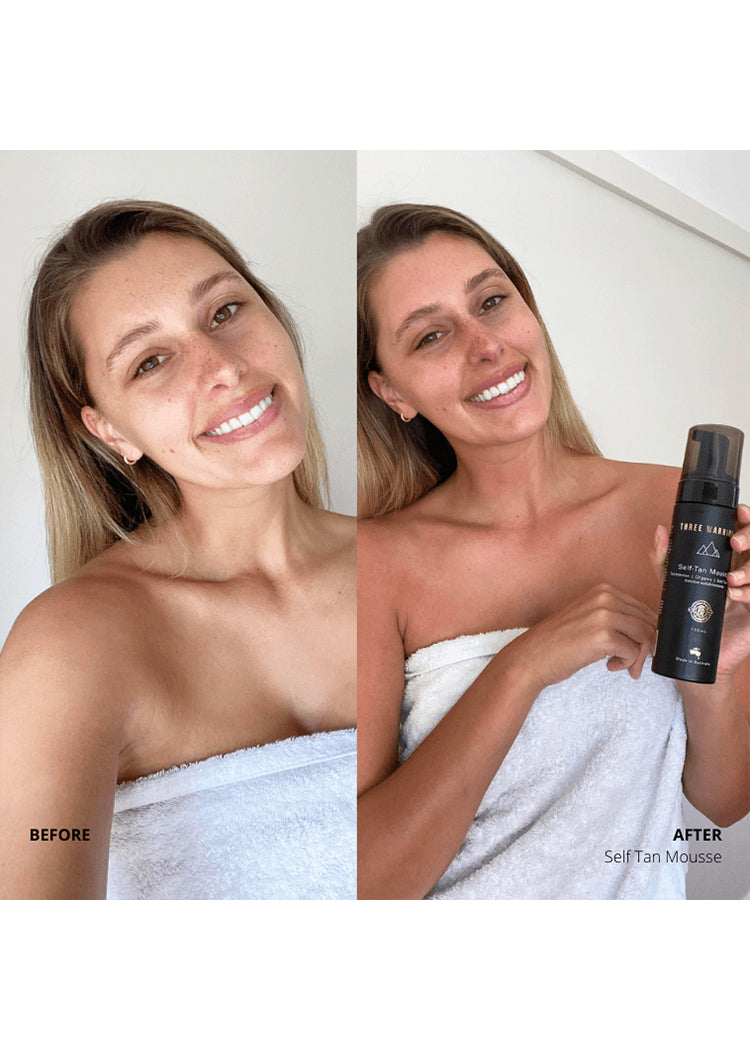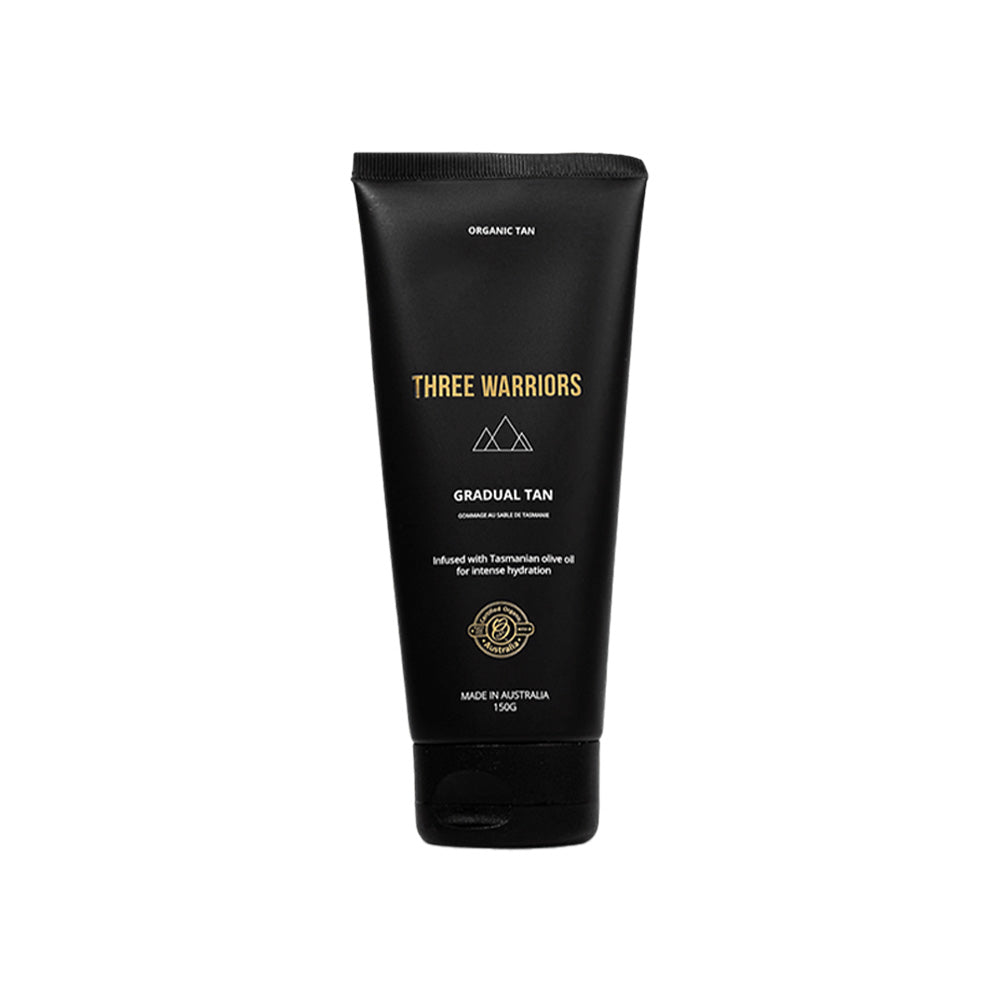Dry, Itchy Scalp Remedies For Smooth, Glossy Hair
Scalp care is the new skincare, and we’ve got the lowdown on how best to care for your scalp to clear dandruff, hydrate dryness, and rid your scalp of itchiness and flakes to make way for strong, healthy envy-inducing hair!

#1
We’ve got every skincare product under the sun and operate a rigorous skincare routine, but despite it being in such close proximity to our face, until now, we’ve been neglecting our scalps.
If you’re looking to achieve healthy, strong, glossy hair (who isn’t?!), it might be time to turn your attention to the root of the problem, your scalp.
“You wouldn’t give a tree sunlight but not water and expect it to grow and be healthy. Similarly, scalp care is the “root” of your hair care, so that will need care and attention to maintain a healthy head of hair,” says founder of Harley Street Hair Transplant Clinics, Yannis Giantzides.
“Scalp care is very important for hair care as the scalp has a higher number of sebaceous glands, sweat glands, and hair follicles than anywhere else on the skin, therefore good scalp care (such as regular cleansing and moisturizing) is an essential part if you want to have a healthy head of hair.”
Why Is My Scalp Dry, Itchy, And Flaky?
Lots of factors can affect what our hair and scalp look and feel like, from lifestyle changes, nutrition, stress, medication, and environmental pollution, to how we’re treating our scalp. From how we’re washing our hair, to the hair treatments and hair products we’re using, it can all have an impact.
From dryness to an itchy or flaky scalp, and skin conditions like dandruff, atopic dermatitis, and psoriasis, scalp conditions can be frustrating and affect your confidence. Luckily, there are a few lifestyle changes, hair products, and hair routines that we can look to regain the hydration our scalp so desperately needs to reveal healthier, stronger, glossier tresses.
What Does A Good Scalp Care Routine Look Like?
Try these scalp care tips to relieve a dry, itchy, flaky scalp...
1. Treat Your Scalp With Nourishing Hair Products
can contain sulfates. They’re the ingredients that make a product create that satisfying lather, but it’s not always kind to your skin (because your scalp is skin too). This, along with artificial fragrances can affect the skin barrier on your scalp, make it dry and more sensitive, and therefore prone to irritation, redness, itchiness, and flakes.
Sensitivities can also appear from hair washing too often, hair dye, product build-up, or chemicals in products that cause an allergic reaction. To tackle product build-up or a lack of hydration, you can turn to soothing scalp treatments and nourishing hair oils.
2. Cleanse With A Soothing Scalp Scrub
In the same way that you would exfoliate your face, your scalp will thank you for a once-a-week scrub too. All-natural ingredients work well to slough away any dead skin cells, impurities, dirt, grime, and product build-up.
Look for hydrating ingredients like coconut oil, jojoba oil, argan oil, walnut oil, and hemp oil to restore lost moisture.
You could also use exfoliating ingredients like salicylic acid, azelaic acid, bakuchiol, and lactic acid that can gently buff away dead skin cells over time to rejuvenate your scalp and follicles. They can also help to restore your scalp’s microbiome and bring it all back into balance.
3. Treat Yourself To A Scalp Massage
We all know the head massage is the best part of any hair salon appointment, so why don’t we bring the Zen vibes home to incorporate them into our wellbeing routine?
In Ayurveda, an ancient Indian way of life, there’s a traditional healing practice called Abhyanga – a head massage with oils that invites several health and wellbeing benefits.
It’s thought that an Ayurvedic head massage identifies “Marma” points that drain, cool, and relieve pressure in the head region. Massaging the pressure points can promote blood circulation to the hair follicles which can contribute towards healthy hair growth. Plus, it’s blissfully relaxing!
A head massage once or twice a week can work wonders on your wellbeing as well as your scalp hair and hair care. Add it to your next self-care session before your hair-wash for a boost of hydration for your hair and relaxation for your mind!
4. Nourish From The Inside Out
Good nutrition is key to healthy hair. Getting enough of the right vitamins, minerals, and antioxidants to support your bodily functions, including healthy hair growth and condition. If you’re not consuming enough in your diet, turn to supplementation to help top you up. Antioxidants are present in things like vitamin C, E, and selenium.
Wondering which supplements you need for strong, healthy hair?
5. Take A Probiotic
“As well as treating the scalp and hair from the outside, eating more antioxidants and taking a probiotic may help internally.
“A hair follicle and the scalp have their own microbiome so taking probiotics can help improve gut health and balance the gut microbiome which can consequently lead to healthier and thicker hair,” says Giantzides. “For probiotics, at least two strains of bacteria such as Lactobacillus Reuteri and Bifidobacterium. The former in particular has been shown to help thicken hair.”
6. Add Omegas To Your Nutrition
Just like the rest of your body, your hair can benefit from the effects of nutritious fatty acids omegas 3, 6, and 9 too. They can reduce inflammation, which is often associated with hair loss. It’s thought that omega-3 can lubricate hair follicles on the scalp, adding elasticity and brightness to the hair.
When some of the biggest names in the skincare business like Dr. Barbara Strum turn their attention to scalp care, we know it’s time to jump on board! Discover what scalp care works for you, and watch your hair – and even your confidence and wellbeing – reach shiny, healthy new lengths! We’ve got every skincare product under the sun and operate a rigorous skincare routine, but despite it being in such close proximity to our face, until now, we’ve been neglecting our scalps.
If you’re looking to achieve healthy, strong, glossy hair (who isn’t?!), it might be time to turn your attention to the root of the problem, your scalp.
“You wouldn’t give a tree sunlight but not water and expect it to grow and be healthy. Similarly, scalp care is the “root” of your hair care, so that will need care and attention to maintain a healthy head of hair,” says founder of Harley Street Hair Transplant Clinics, Yannis Giantzides.
“Scalp care is very important for hair care as the scalp has a higher number of sebaceous glands, sweat glands, and hair follicles than anywhere else on the skin, therefore good scalp care (such as regular cleansing and moisturizing) is an essential part if you want to have a healthy head of hair.”
Why Is My Scalp Dry, Itchy, And Flaky?
Lots of factors can affect what our hair and scalp look and feel like, from lifestyle changes, nutrition, stress, medication, and environmental pollution, to how we’re treating our scalp. From how we’re washing our hair, to the hair treatments and hair products we’re using, it can all have an impact.
From dryness to an itchy or flaky scalp, and skin conditions like dandruff, atopic dermatitis, and psoriasis, scalp conditions can be frustrating and affect your confidence. Luckily, there are a few lifestyle changes, hair products, and hair routines that we can look to regain the hydration our scalp so desperately needs to reveal healthier, stronger, glossier tresses.
What Does A Good Scalp Care Routine Look Like?
Try these scalp care tips to relieve a dry, itchy, flaky scalp...
1. Treat Your Scalp With Nourishing Hair Products
Shampoos can contain sulfates. They’re the ingredients that make a product create that satisfying lather, but it’s not always kind to your skin (because your scalp is skin too). This, along with artificial fragrances can affect the skin barrier on your scalp, make it dry and more sensitive, and therefore prone to irritation, redness, itchiness, and flakes.
Sensitivities can also appear from hair washing too often, hair dye, product build-up, or chemicals in products that cause an allergic reaction. To tackle product build-up or a lack of hydration, you can turn to soothing scalp treatments and nourishing hair oils.
2. Cleanse With A Soothing Scalp Scrub
In the same way that you would exfoliate your face, your scalp will thank you for a once-a-week scrub too. All-natural ingredients work well to slough away any dead skin cells, impurities, dirt, grime, and product build-up. 1.
Look for hydrating ingredients like coconut oil, jojoba oil, argan oil, walnut oil, and hemp oil to restore lost moisture.
You could also use exfoliating ingredients like salicylic acid, azelaic acid, bakuchiol, and lactic acid that can gently buff away dead skin cells over time to rejuvenate your scalp and follicles. They can also help to restore your scalp’s microbiome and bring it all back into balance.
3. Treat Yourself To A Scalp Massage
We all know the head massage is the best part of any hair salon appointment, so why don’t we bring the Zen vibes home to incorporate them into our wellbeing routine?
In Ayurveda, an ancient Indian way of life, there’s a traditional healing practice called Abhyanga – a head massage with oils that invites several health and wellbeing benefits.
It’s thought that an Ayurvedic head massage identifies “Marma” points that drain, cool, and relieve pressure in the head region. Massaging the pressure points can promote blood circulation to the hair follicles which can contribute towards healthy hair growth. Plus, it’s blissfully relaxing!
A head massage once or twice a week can work wonders on your wellbeing as well as your scalp hair and hair care. Add it to your next self-care session before your hair-wash for a boost of hydration for your hair and relaxation for your mind!
4. Nourish From The Inside Out
Good nutrition is key to healthy hair. Getting enough of the right vitamins, minerals, and antioxidants to support your bodily functions, including healthy hair growth and condition. If you’re not consuming enough in your diet, turn to supplementation to help top you up. Antioxidants are present in things like vitamin C, E, and selenium.
Wondering which supplements you need for strong, healthy hair?
5. Take A Probiotic
“As well as treating the scalp and hair from the outside, eating more antioxidants and taking a probiotic may help internally.
“A hair follicle and the scalp have their own microbiome so taking probiotics can help improve gut health and balance the gut microbiome which can consequently lead to healthier and thicker hair,” says Giantzides. “For probiotics, at least two strains of bacteria such as Lactobacillus Reuteri and Bifidobacterium. The former in particular has been shown to help thicken hair.”
6. Add Omegas To Your Nutrition
Just like the rest of your body, your hair can benefit from the effects of nutritious fatty acids omegas 3, 6, and 9 too. They can reduce inflammation, which is often associated with hair loss. It’s thought that omega-3 can lubricate hair follicles on the scalp, adding elasticity and brightness to the hair.
When some of the biggest names in the skincare business like Dr. Barbara Strum turn their attention to scalp care, we know it’s time to jump on board! Discover what scalp care works for you, and watch your hair – and even your confidence and wellbeing – reach shiny, healthy new lengths!
Love The Story, Why Not Share It?
The model featured in this story is not associated with COSME Magazine and does not endorse it or the products shown.
Photography Randy Tran – Blaublut-Edition.com | Model Meri Gulin
Shop Beauty
Don't Miss

Dry, Itchy Scalp Remedies For Smooth, Glossy Hair
Add these scalp care steps to your self-care routine for hydrated smooth, shiny hair!

Dry, Itchy Scalp Remedies For Smooth, Glossy Hair
Add these scalp care steps to your self-care routine for hydrated smooth, shiny hair!

Dry, Itchy Scalp Remedies For Smooth, Glossy Hair
Add these scalp care steps to your self-care routine for hydrated smooth, shiny hair!
Global Marketplace
The only dedicated global marketplace for beauty, health & wellness.
Worldwide Shipping
Worldwide shipping and returns - customs & duties taxes included.
Customer Care
Exceptional customer care & expert advice catered to you.
Loyalty Program
Unlock exciting perks by collecting Beauty Points on all of your purchases.
15% Off when you sign-up
Be the first to know! Subscribe to receive updates, access to exclusive deals, and so much more!

